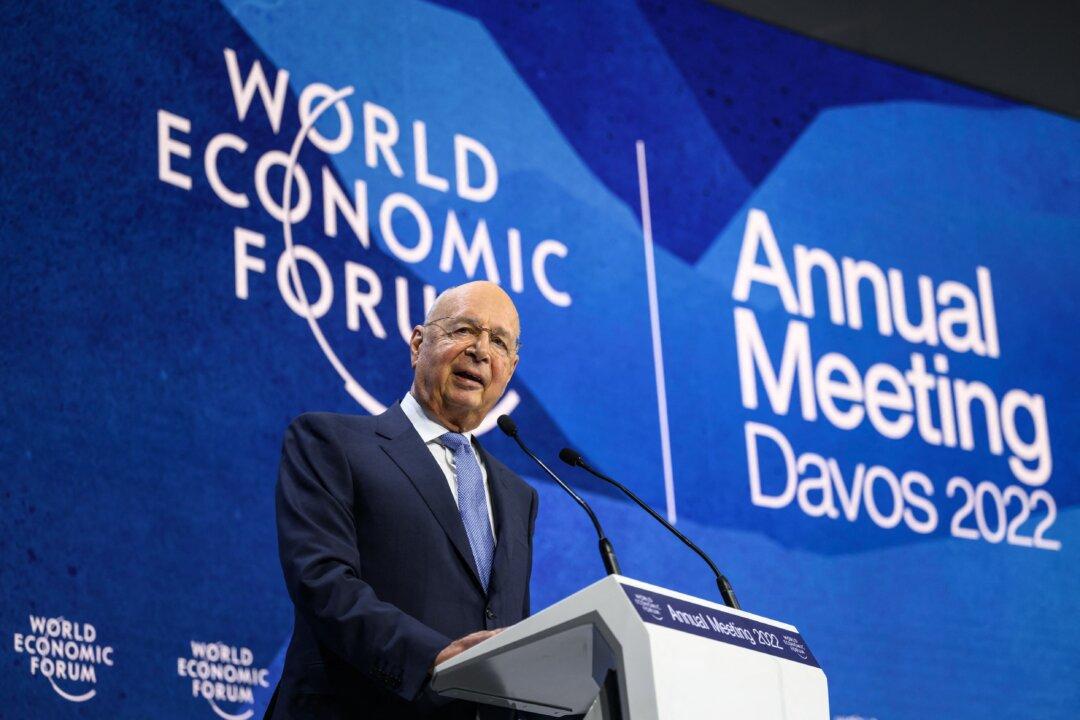An opinion article published on the World Economic Forum (WEF) website has proposed creating an artificial intelligence program that could end up acting as a comprehensive global censorship tool.
In the article, writer and cybersecurity expert Inbal Goldberger proposes combining a powerful AI network with input from human intelligence data to track and preemptively stop certain content from circulating online.





